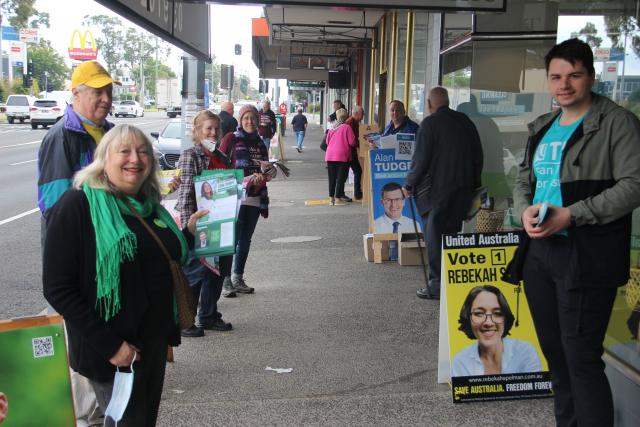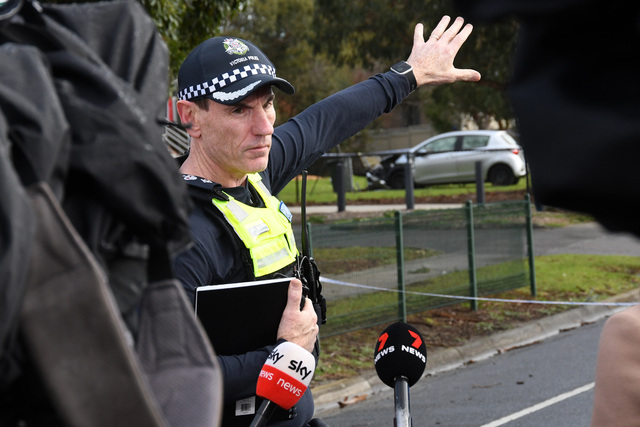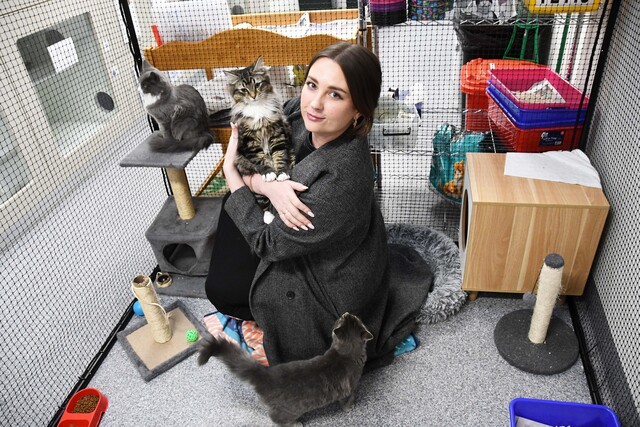The Australian Medical Association is pleading with voters to wear masks on election day as Casey residents head to the polling booths tomorrow.
AMA Victorian President Dr Roderick McRae fears the worst for after this weekend due to cases of respiratory diseases surging ahead of winter.
“Let me assure you, there’s going to be a massive spread of respiratory illness as a consequence of fronting up in person to exercise your democratic right at a polling booth,” he said.
“I expect every Electoral Officer is going to go home with some form of respiratory illness. It doesn’t have to be Covid and it doesn’t have to be influenza because there are many other viruses out there.”
Dr McRae is urging all Victorians to wear masks in public indoor spaces despite no government mandate.
“Even if people only wear masks while they’re in there voting, then that’s an improvement,” he said.
“Anywhere you’re indoors and there’s a higher risk of viral transmission, it’s in your personal interests to minimize the chance of you contracting a highly transmissible respiratory virus.”
Dr McRae said illnesses, deaths and hospitalisations are increasing across the board and personal actions can help stop preventable deaths.
“There’s a general complacency around that once the mandate for something as simple as wearing a mask has been removed, that’s been taken as a group think across the communities.”
Influenza and Covid-19 are the biggest concerns, while influenza is currently affecting children among high schools, primary schools and preschools.
“They have parents, they’re highly transmissible virus and as we’re entering the winter, which is the traditional season for the spread of respiratory illness, we’re starting at a very, very bad point.
“I can assure you, the influenza virus that’s now in our suburbs is a very significant respiratory illness, particularly the physically smaller the person – so your toddler, neonate, they’re beginning to get profoundly unwell.”
Dr McRae believes the community has gotten complacent with the spread of Covid-19 but assured the global pandemic is still upon us.
“It’s very complex but the winter period, a lot of these conversations about go to the show, go to the restaurants, all that sort of thing is that we should have waited for spring, because we’re going to have a horrible time and there are going to be unnecessary deaths.
“Nobody’s really worrying about the healthcare system until they need it and then they go oh, I can’t believe it’s this bad, so I’m trying to impart the message that it is that bad – so going right back there are very simple precautions like wearing a mask.”
Workforce shortages are still being felt within the health sector, which is presenting a bleak picture for the months ahead, with hospitals at crisis point.
Dr McRae said the AMA backs the Victorian government’s recent budget spending on recruiting staff and more services but understands this won’t have an immediate effect to help what’s to come.
“That’s not helping us tonight so we do have a problem. And hence…all Victorians should just volunteer to wash, your hands, use a mask, get vaccinated.
“The emergency departments are under extreme stress.
“If you present to a hospital, apart from the fact that can be a very long wait, nobody really knows you’re there until you’re admitted and you can be deteriorating…. And there’s nobody really there knowing you and your circumstances.”
AMA is encouraging anyone who feels ill to contact their GP and have a test to determine which anti-viral medications may be available to you.
“Whenever anybody can track the respiratory illness, it’s important that they have a test because we now are two and a half years into the pandemic, there are new antiviral medications and if you can get onto those medications so rapidly, your personal symptoms will reduce your requirements for hospitalisation or your risk of death reduces,” Dr McRae said.







